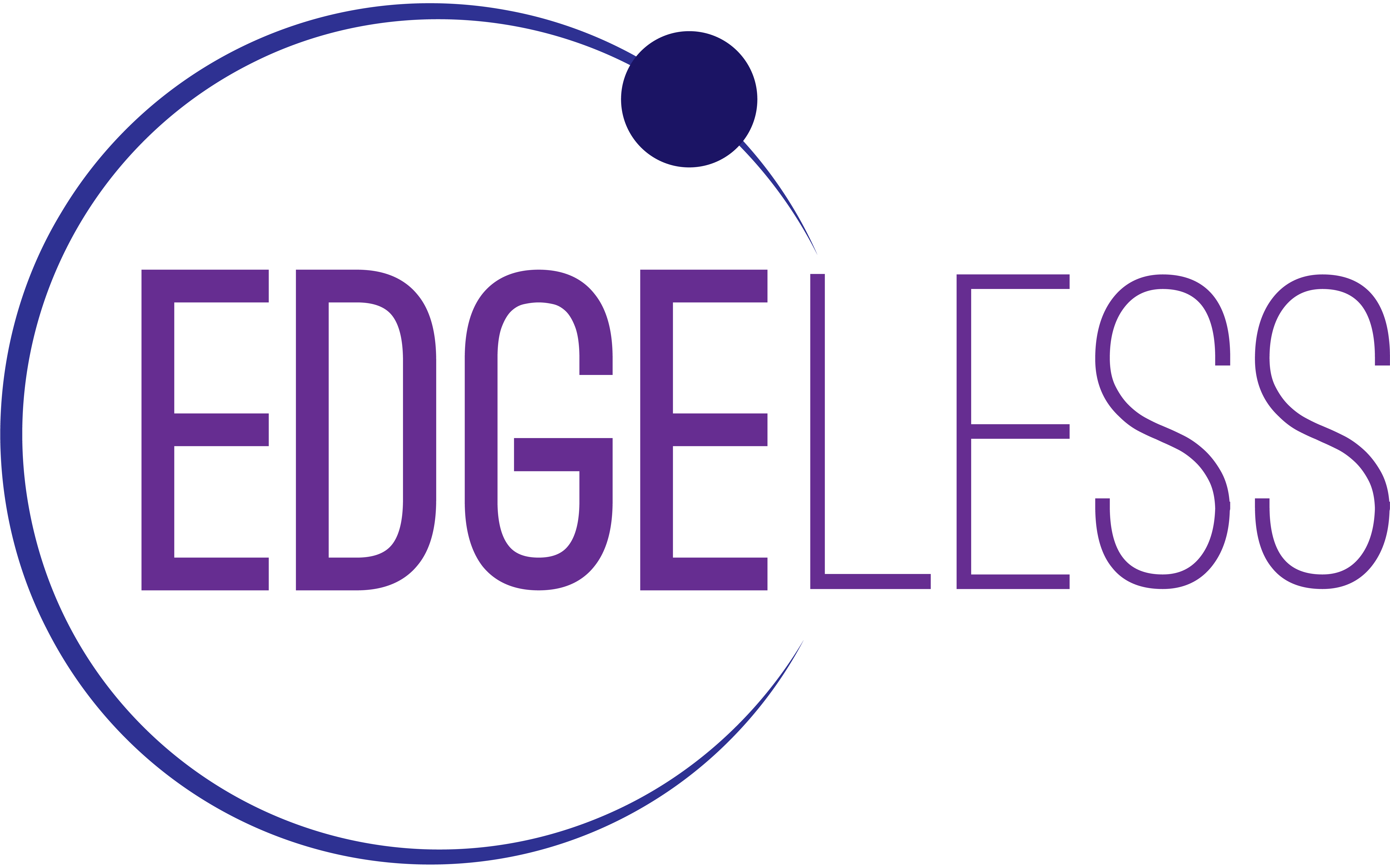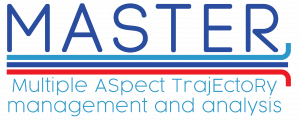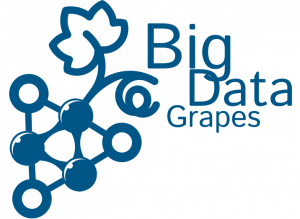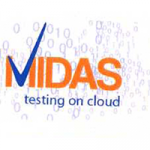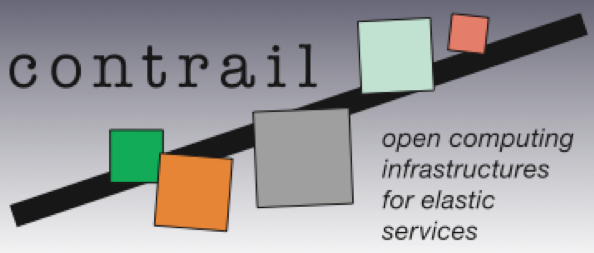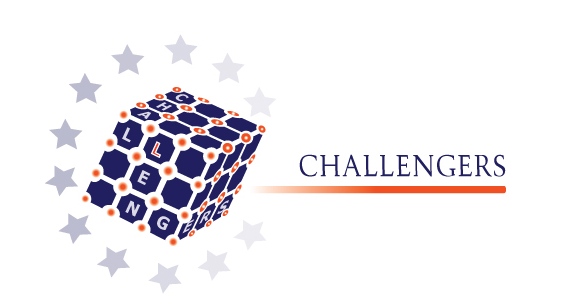Ongoing Projects
HPCLAB is currently participating in the following research projects:
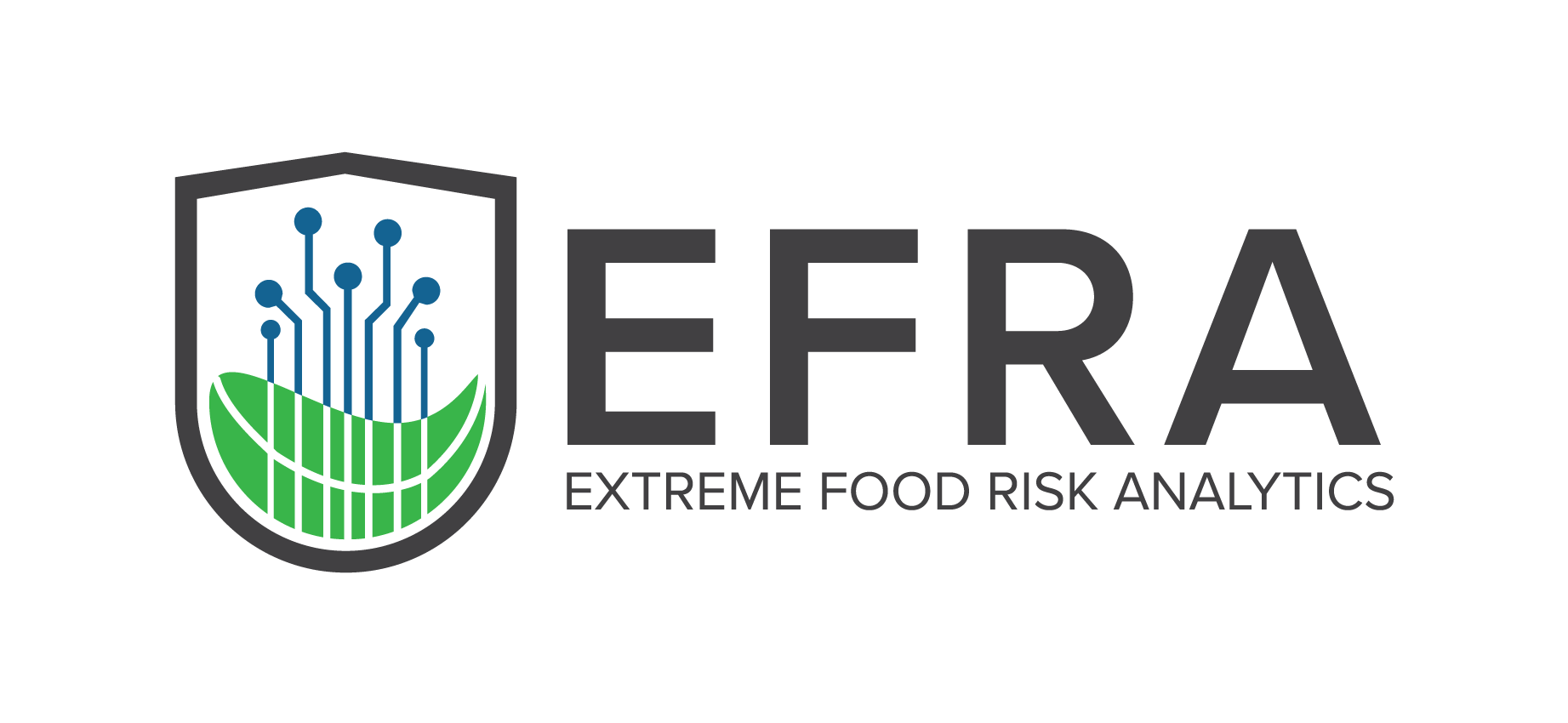
The SoBigData RI Preparation Phase Project (PPP) is the preparatory phase of the SoBigData RI in the ESFRI RoadMap 2021. The SoBigData RI PPP will advance the RI from simple awareness of ethical and legal challenges in social mining to the development of concrete tools that operationalize ethics with value-sensitive design, incorporating values and standards for privacy protection, fairness, transparency, and pluralism.
One of the main goals of the SoBigData RI PPP is to lay the foundation for the long-term sustainability of RI. To this end, the project will model and define a legal entity (ERIC European Research Infrastructure Consortium) to acquire legal status and develop strategies for RI governance. Of crucial importance is producing a business plan for long-term sustainability and defining strategies for services design, community involvement, and third-party partnerships. In this context, the goal is to develop a sustainable strategy for integrating data and methods that enables the discovery and utilization of heterogeneous services.
The SoBigData.it project aims to strengthen the SoBigData research infrastructure (www.sobigdata.eu), coordinated by CNR-ISTI, with the goal of enhancing interdisciplinary and innovative research on the multiple aspects of social complexity by combining data and model-driven approach. SoBigData RI develops methodologies and approaches to put into practice the FAIR (Findable, Accessible, Interoperable, and Reusable) and FACT (Fair, Accurate, Confidential, and Transparent) principles. The strengthening will concern four main aspects of the infrastructure: (i) technological aspect: strengthening and creating new computational nodes distributed on the Italian territory with centralized and networking technologies; (ii) scientific aspect: strengthening and creating new virtual laboratories (VL) to explore specific aspects of society through data science; (iii) Ethical Aspect: promote the new generation of “responsible data scientists” collaborating with the academia and industry (i.e., providing ethical and legal counseling and facilitating the technology transfer); finally (iv) the creation of DIGIT services for multidisciplinary communities by exploiting the research produced in the VL and the new computational and technological resources.
Cognitive edge-cloud with serverless computing
EDGELESS project aims to leverage the serverless concept in all the layers in the edge-cloud continuum to fully benefit from diverse and decentralised computational resources available on-demand close to where data are produced or consumed. In particular, we aim at realising an efficient and transparent horizontal pooling of the resources on edge nodes with constrained capabilities or specialised hardware, smoothly integrated with cloud resources, which is a giant leap forward compared to state-of-the-art vertical offloading solutions where the edge is a mere supplement of the cloud.
CAMEO – Conversational Agents: Mastering, Evaluating, Optimizing
Future Artificial Intelligence Research
The FAIR project starts from modern Artificial Intelligence, from its various theoretical, modelling and engineering aspects, but is turned towards the future, with the ambition to contribute to addressing research questions, methodologies, models, technologies, without neglecting ethical and legal rules, and sustainability issues in a broad sense, not only environmental.
FAIR follows a holistic and multidisciplinary approach to deeply rethink the foundations of artificial intelligence and investigate its social impact. Its goal is to build Artificial Intelligence systems capable of interacting and collaborating with humans, of perceiving and acting within ever-changing contexts, of being aware of their limits and capable of adapting to new situations, of being aware of the perimeters of security and trust, and of being mindful of the environmental and social impact that their realisation and execution may entail.
In order to realise this ambitious roadmap, the FAIR project has given itself a flexible and integrated structure according to a Hub & Spoke model: the Foundation is the hub, the implementing party, and carries out its activities in collaboration with the Spokes, the executing parties involved in implementing the research programme.
SoBigData++ (H2020 RI, 2020-2023 contract N. 871042) strives to deliver a distributed, Pan-European, multi-disciplinary research infrastructure for big social data analytics, coupled with the consolidation of a cross-disciplinary European research community, aimed at using social mining and big data to understand the complexity of our contemporary, globally-interconnected society. Becoming an advanced community, SoBigData++ will strengthen its tools and services to empower researchers and innovators through a platform for the design and execution of large-scale social mining experiments. It will be open to users with diverse background, accessible on project cloud (aligned with EOSC) and also exploiting supercomputing facilities.
CHARITY (H2020 RIA, G.A. No 101016509) aspires to leverage the benefits of intelligent, autonomous orchestration of cloud, edge, and network resources, to create a symbiotic relationship between low and high latency infrastructures that will facilitate the needs of emerging applications.
NAVIGATOR aims to boost precision medicine in oncology by advancing translational research based on quantitative imaging and multi-omics analyses, towards a better understanding of cancer biology, cancer care, and, more generally, cancer risk.
ISTI-CNR plays a key role in the project, as the three Labs involved (i.e., NeMIS, HPC, and SI) will lead the design and deployment of the Virtual Research Environment as well as of the AI algorithms for the Radiomics analyses.
Recent Projects
Some of the projects recently concluded are listed below
MASTER (H2020-MSCA-RISE-2017 2018-2022 – contract N. 777695) was a EC funded under the H2020 Marie-Slodowska Curie actions as the RISE funding scheme.
HPC Lab was the coordinator of the project.
MobiDataLab (2021-2023, funded by the EU under the H2020 Research and Innovation Programme – Grant Agreement No 101006879). ) was the EU-funded lab for prototyping new mobility data sharing solutions.
ACCORDION (H2020 RIA 2020-2023 contract N. 871793) aspired to support the enlargement of the edge resource & infrastructure pool so as to cover morgeographies and users.
HPC Lab was the coordinator of the project.
BASMATI (H2020 ICT-EU-Korea). Contract n. 723131. Cloud Brokerage Across Borders for Mobile Users and Applications BASMATI (2016-2018)



